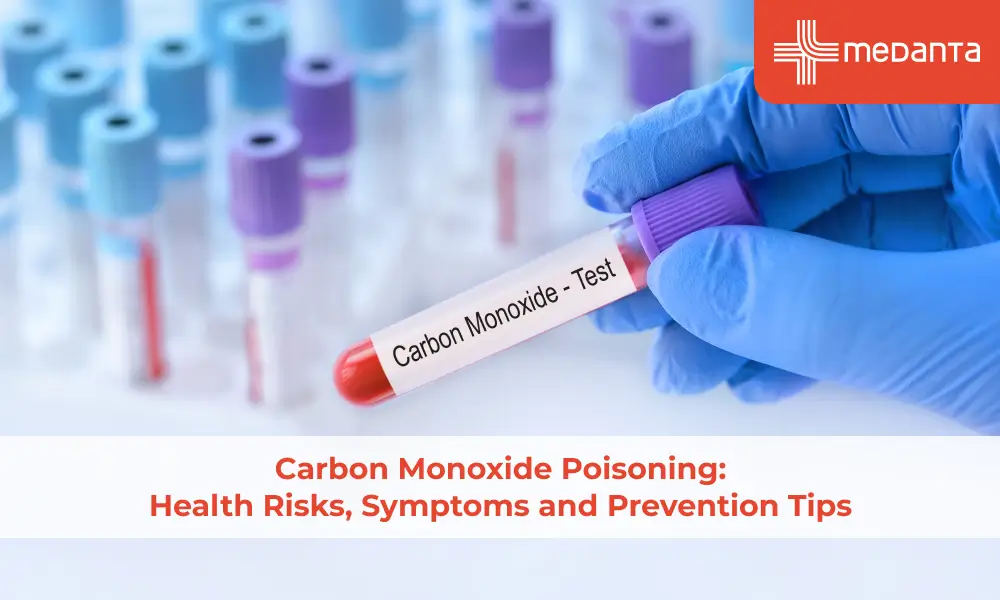Top 5 Benefits of Regular Hypertension Screenings

Hypertension, also called high blood pressure, is among the most common diseases globally. Over 1.3 billion people are reported to suffer from hypertension, and India accounts for 220 million cases. Some factors that put individuals at a higher risk for high blood pressure are old age, lack of exercise, tobacco use and smoking, stress, and being overweight or obese.
High blood pressure rarely causes symptoms, and thus, people fail to realise that they have the same without regular hypertension screening. Over time, without proper diagnosis and treatment, hypertension can lead to serious complications such as brain strokes, heart attacks, kidney dysfunction, eye problemsetc. Many patients realize this when it is already too late.
In this article, we discuss the importance of regular hypertension screening.
What is Hypertension?
Hypertension, also called high blood pressure, is a medical condition in which pressure within our blood vessels becomes elevated (140/90 mmHg or higher, as per the commonly accepted definition).
There are many reasons why a person can develop hypertension. Genetic predisposition, older age, being overweight or obese, physically inactive, consuming too much alcohol, having a high-salt diet, stress, air pollution, etc. are common reasons. Besides these, in approximately 5-10% cases, hypertension developed as a consequence of some other disease such as kidney dysfunction, blockage in the kidney arteries, hormonal disorders, etc.
Exploring the Benefits of Regular Hypertension Screenings
Your health is your invaluable asset, and taking proactive steps like regular blood pressure testing can help maintain it. Hypertension screening is a vital way to diagnose high blood pressure in a timely manner and ensuring optimal well-being.
1. Early Detection of Silent Killer Symptoms
Unlike other medical conditions that present with symptoms as warning signs, hypertension or high blood pressure rarely comes with any symptoms. For this reason, hypertension has earned the name ‘the silent killer.’ The Canter for Disease Control and Prevention states that about 1 in 3 individuals who have high blood pressure don’t know it and, thus, aren’t treated for the same.
So, the only way to detect hypertension before things get worse is through regularly checking the blood pressure. You can go to your healthcare provider for hypertension screening once or twice a year or opt for home monitoring.
2. Stay on the Top of Your Health as You Get Older
Many factors can increase the risk of an individual developing hypertension. For instance, people with diabetes, obesity, and inactive lifestyles are more likely to have high blood pressure. In addition, smoking, eating too much salt, and drinking too much alcohol can also drive up the risk. Family history is also a major risk factor, and so is a person’s age.
As you age, your blood vessels stiffen and become less flexible. This loss of elasticity increases the pressure inside the vessels, and hence, you develop hypertension.
Therefore, even if you have had healthy blood pressure levels all your life, going through blood pressure checks can help you stay on top of your numbers with increasing age. Research has found that once a person hits middle age, his lifetime risk for developing hypertension rises to 90%.
3. Helping Avert Life-Threatening Surprises
Another benefit you can reap by going for regular hypertension screening is averting a catastrophe and life-threatening surprises. Most people do not realize that very high blood pressure can cause fatal consequences such as sudden heart failure, stroke, kidney failure, bleeding in eyes, etc..
Regular high blood pressure screenings by a physician will help you know whether your blood pressure readings have hit the roof. If you have developed hypertension, your physician can guide you for the best treatment approach and, hence, prevent contracting other serious health concerns.
4. Determining the Need to Make Lifestyle Changes
The results of regular blood pressure checks can serve as a wake-up call for you. If you have higher than healthy blood pressure levels, your healthcare provider will advise you to change your diet and lifestyle.
Although leading a healthy lifestyle is important for all of us, it becomes even more important for those who have high blood pressure. The diagnosis of hypertension can thus serve as a stimulus for adopting healthy lifestyle which will lead to overall health benefits.
Once you are found to have high blood pressure, your doctor will enquire from you about other risk factors for heart disease, including about your current lifestyle and diet. Based on this information, the doctor will provide your advice about regular exercise, stress management, minimizing or quitting alcohol consumption, and quitting smoking. In addition, you will be encouraged to have a diet that focuses on vegetables, whole grains, fruits, and salt-free and low-sugar foods, and fat-free or low-fat dairy products. While normal slat consumption during cooking is acceptable, any top-up salt must be avoided.
5. Peace of Mind
Besides physical health, regular hypertension check-ups can help maintain your mental peace by providing reassurance about your current blood pressure level status. Knowing that you are taking proactive steps to monitor your blood pressure levels and keeping them in check can alleviate stress and anxiety associated with the unknown.
Therefore, this mental clarity will enable you to lead a healthy and fulfilling life, confident that you are doing your best to preserve your health.
What Tests are Used to Screen for Hypertension?
A healthcare provider measures your blood pressure using a blood pressure monitor equipped with an inflatable cuff. The inflatable cuff goes over your upper arm to measure your blood pressure level in millimetres of mercury (mm Hg).
Here’s the classification of blood pressure for adults:
- Normal levels: less than 120 mm Hg (systolic) and less than 80 mm Hg (diastolic)
- Elevated levels: 120 mm Hg to 129 mm Hg (systolic) and less than 80 mm Hg (diastolic)
- Hypertension (stage 1): 130 mm Hg to 139 mm Hg (systolic) or 80 mm Hg to 89 mm Hg (diastolic)
- Hypertension (stage 2): 140 mm Hg or higher (systolic) or 90 mm Hg or higher (diastolic)
All-in-All
Regular screening for high blood pressure is the best way to accurately and timely diagnose hypertension, leading to earlier blood pressure treatment and reduced chances of adverse health outcomes. So, don’t skip making appointments for hypertension screenings at Medanta as a key solution to maintaining optimal health.






